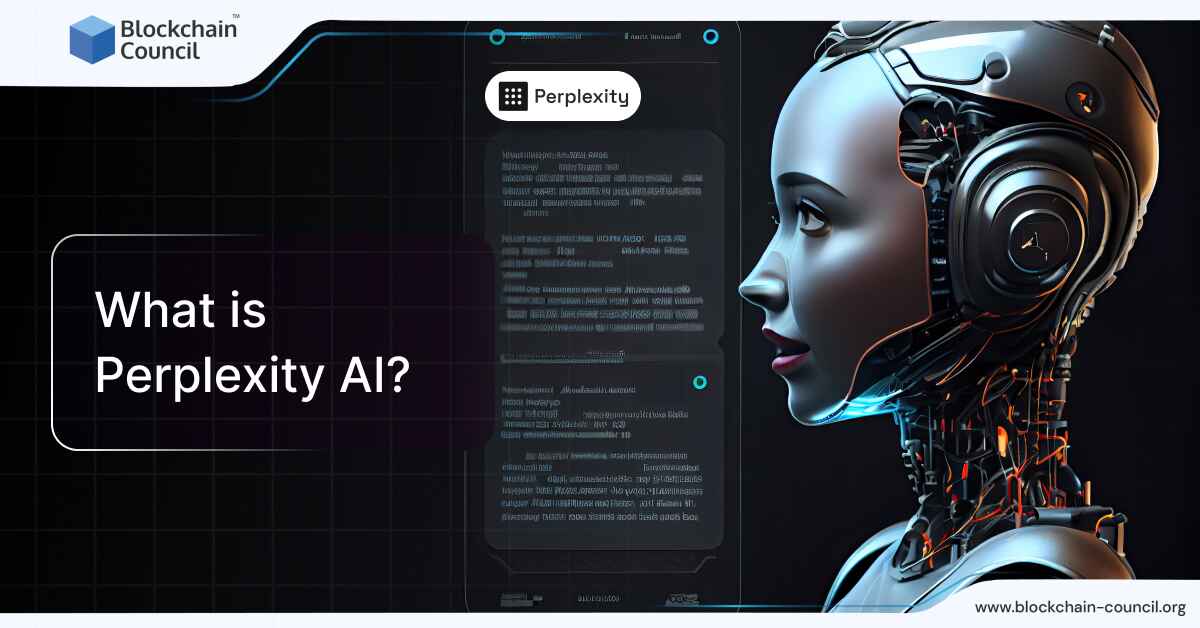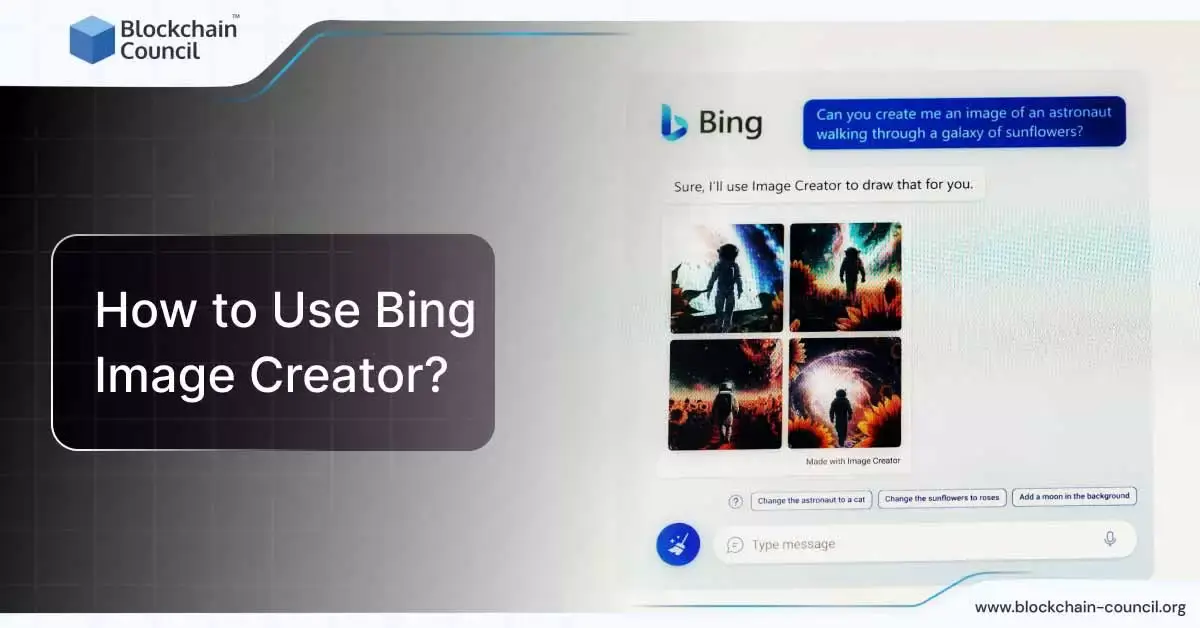
- Blockchain Council
- September 10, 2024
Blockchain technology continues to evolve, and so does the demand for skilled developers. As we step into 2024, the landscape for Blockchain developers is rich with opportunities and challenges. This roadmap aims to guide aspiring and current developers through the essential skills, tools, and knowledge areas they need to master to succeed in this dynamic field.
Introduction to Blockchain
What is Blockchain?
Blockchain is a decentralized digital ledger that records transactions across multiple computers securely. It is the backbone of cryptocurrencies like Bitcoin and Ethereum but has applications far beyond digital currencies, including supply chain management, healthcare, and finance.
Importance of Blockchain Development
Blockchain developers play a crucial role in building and maintaining decentralized applications (DApps) and systems. These professionals ensure the integrity, transparency, and security of Blockchain networks, which are vital in today’s digital economy.
Core Skills and Knowledge Areas
Understanding Cryptography
Cryptography is fundamental to Blockchain technology. It involves techniques for secure communication and data protection. Blockchain developers need a strong grasp of cryptographic principles, including hashing, digital signatures, and public-key cryptography.
Proficiency in Programming Languages
Several programming languages are essential for Blockchain development. These include:
- Solidity: Primarily used for developing smart contracts on Ethereum.
- Go: Popular for building Blockchain applications and networks.
- JavaScript: Useful for creating interactive front-ends for DApps.
- Python: Often used for Blockchain prototyping and scripting.
Knowledge of Data Structures
Data structures like Merkle trees, linked lists, and hash tables are integral to how Blockchains function. Developers must understand these structures to efficiently organize and manage data within the Blockchain.
Understanding Blockchain Architecture
Familiarity with different Blockchain architectures is crucial. This includes:
- Public Blockchains: Open networks like Bitcoin and Ethereum.
- Private Blockchains: Restricted networks used within organizations.
- Consortium Blockchains: Semi-private networks managed by a group of organizations.
Hands-On Experience and Tools
Development Environments
Setting up a development environment is the first practical step in Blockchain development. Tools like Remix, an online Solidity IDE, and Ganache, a personal Ethereum Blockchain for testing, are invaluable.
Version Control
Proficiency with version control systems like Git is essential. Developers should know how to use Git for managing code versions and collaborating with other developers.
Smart Contract Development
Smart contracts are self-executing contracts with the terms directly written into code. Mastering tools like Truffle, a development framework for Ethereum, and OpenZeppelin, a library for secure smart contract development, is necessary.
Testing and Debugging
Testing and debugging are critical in Blockchain development. Developers must be adept at using tools like Truffle’s built-in testing framework and Solidity’s debugging tools to ensure their code is error-free and secure.
Advanced Concepts
Layer 2 Solutions
Layer 2 solutions, such as the Lightning Network for Bitcoin and Plasma for Ethereum, aim to improve scalability and transaction speeds. Understanding these solutions is essential for developers working on large-scale Blockchain applications.
Interoperability
Interoperability refers to the ability of different Blockchain systems to communicate and work together. Technologies like Polkadot and Cosmos are designed to enable interoperability, and developers should be familiar with these platforms.
Decentralized Finance (DeFi)
DeFi is one of the most exciting areas in Blockchain. It involves creating financial systems that are open, transparent, and accessible to anyone. Developers need to understand DeFi protocols like Uniswap, Aave, and Compound.
Enroll for Certification Programs by the Blockchain Council
Certified Blockchain Expert™
The Certified Blockchain Professional Expert™ certification is designed for those who want a broad understanding of Blockchain technology. It covers key concepts like Blockchain basics, smart contracts, and the various types of Blockchains. This certification is perfect for beginners looking to enter the Blockchain field.
Certified Blockchain Developer
The Certified Blockchain Developer™ program is ideal for those who wish to specialize in developing Blockchain-based applications. It focuses on the technical aspects of Blockchain development. This certification helps developers deepen their knowledge and skills.
Certified Blockchain Architect
The Certified Blockchain Architect™ certification is aimed at professionals who want to design and implement Blockchain solutions. It covers advanced topics such as Blockchain frameworks, architecture design, and integration strategies. This certification is suitable for professionals looking to become Blockchain architects.
Why Get Certified by the Blockchain Council?
Obtaining a certification from the Blockchain Council offers several benefits.
Firstly, it validates your expertise and knowledge in Blockchain technology, giving you a competitive edge in the job market. Employers often look for certified professionals who have demonstrated their commitment to mastering the field.
Additionally, the Blockchain Council’s certifications are widely recognized and respected within the industry, providing assurance of your skills to potential employers and clients.
Furthermore, the Blockchain Council provides comprehensive learning resources and support to help you prepare for your certification exams.
Our programs are designed by industry experts, ensuring that you gain practical and up-to-date knowledge. Certification also opens up networking opportunities with other professionals and experts in the field, which can be invaluable for career growth and staying informed about the latest industry trends.
Staying Updated
Following Industry Trends
The Blockchain space evolves rapidly. Developers must stay updated with the latest trends, technologies, and best practices. Following influential figures on social media, participating in forums, and attending conferences are good ways to keep up.
Continuous Learning
Blockchain technology is complex and constantly changing. Developers should commit to lifelong learning through online courses, certifications, and hands-on projects.
Conclusion
The Blockchain developer roadmap for 2024 is comprehensive and demanding, but the rewards are significant. By mastering core skills, gaining hands-on experience, and staying updated with industry trends, developers can position themselves at the forefront of this exciting field. As Blockchain technology continues to grow, so will the opportunities for skilled developers. Whether you are an aspiring developer or an experienced professional, this roadmap will help you navigate your journey in the world of Blockchain development.
FAQs
What is Blockchain technology?
- Blockchain is a decentralized digital ledger that securely records transactions across multiple computers.
- It forms the foundation of cryptocurrencies like Bitcoin and Ethereum.
- Blockchain technology has applications beyond digital currencies, including supply chain management, healthcare, and finance.
- It ensures transparency, security, and integrity in digital transactions.
What skills are essential for Blockchain developers?
- Understanding cryptography principles such as hashing, digital signatures, and public-key cryptography.
- Proficiency in programming languages like Solidity, Go, JavaScript, and Python.
- Knowledge of data structures like Merkle trees, linked lists, and hash tables.
- Familiarity with different Blockchain architectures, development tools, and testing/debugging techniques.
What are some advanced concepts in Blockchain development?
- Layer 2 solutions like the Lightning Network and Plasma for improving scalability and transaction speeds.
- Interoperability technologies such as Polkadot and Cosmos for enabling communication between different Blockchain systems.
- Decentralized Finance (DeFi) protocols like Uniswap, Aave, and Compound for creating open and transparent financial systems.
- Continuous learning and staying updated with industry trends are crucial for Blockchain developers.
Why should I consider getting certified by the Blockchain Council?
- Certification validates your expertise and knowledge in Blockchain technology, giving you a competitive edge in the job market.
- The Blockchain Council’s certifications are widely recognized and respected within the industry, providing assurance of your skills to potential employers and clients.
- Comprehensive learning resources and support are provided to help you prepare for certification exams.
- Certification opens up networking opportunities with other professionals and experts in the field, facilitating career growth and staying informed about the latest industry trends.


































































 Guides
Guides News
News Blockchain
Blockchain Cryptocurrency
& Digital Assets
Cryptocurrency
& Digital Assets Web3
Web3 Metaverse & NFTs
Metaverse & NFTs
